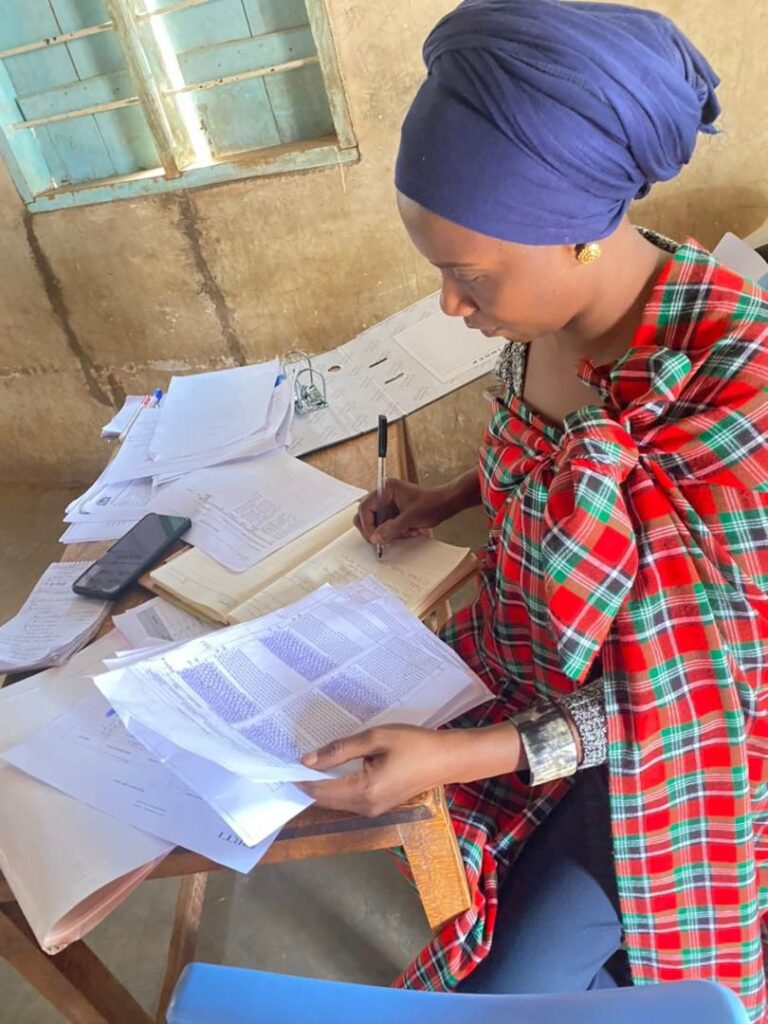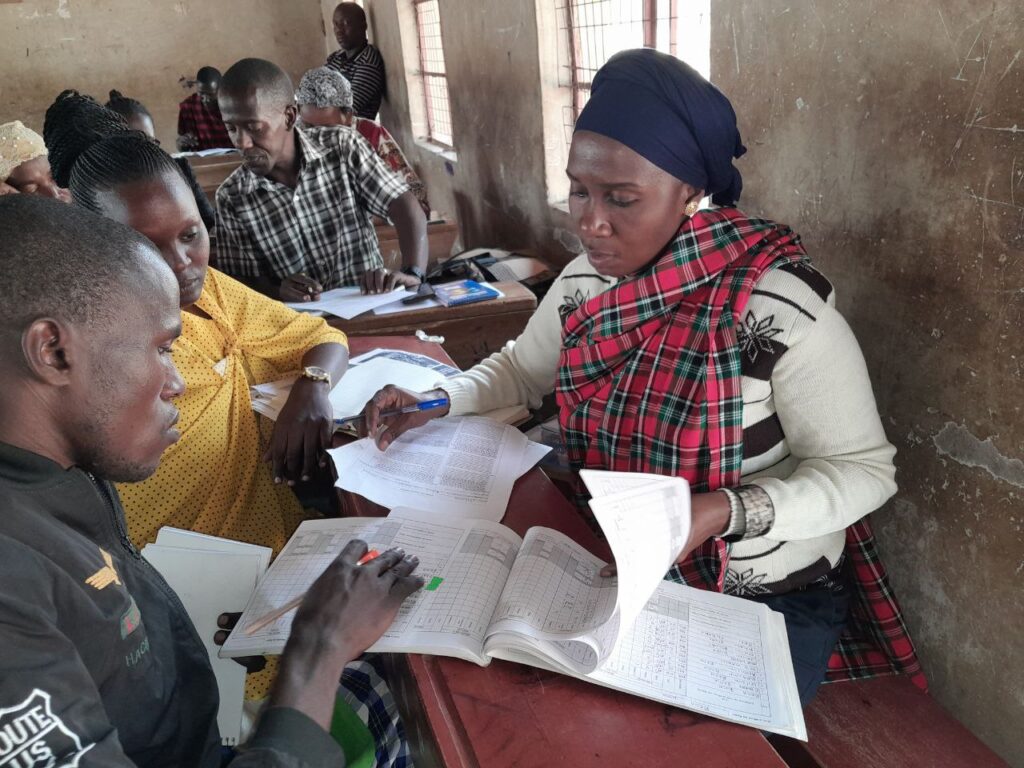Meet the Expert: Interview with Ua Ramadhan Kassim

Meet Ua Kassim, a WI-HER Gender Equity and Social Inclusion (GESI) Specialist based in Tanzania. In this “Meet the Expert” interview, Ua shares about how she’s collaborated with governments and communities in efforts to eliminate neglected tropical diseases (NTDs), the importance of community involvement in interventions, and her vision for the future.
My name is… Ua Ramadhan Kassim. I am a public health specialist, a nurse midwife, and a nurse tutor. I work as a GESI Consultant in NTDs in Tanzania, with a focus on USAID’s Act to End NTDS | East (Act East) program. My goal is to collaborate with the Government of Tanzania through the Ministry of Health’s Neglected Tropical Disease Control Program (NTDCP), the community, and other implementing partners to eliminate NTDs through multiple strategies. Throughout my career, I have worked to see young girls and women be enabled academically and economically to encourage their positive contributions to developing their families and community as a whole. My work with the Act | East program continues and builds on these efforts.
What I enjoy most about my work… interacting with the communities. I learn about different cultures and people’s perceptions of their lives and health. I enjoy seeing behavior change, for the positive, through my GESI work. I love to see people acknowledge that they have become knowledgeable about NTDs and GESI through my work. I love to see young girls and women get inspired by my work and gain the confidence to stand independent as women.
I began to work with WI-HER because… I was eager to work in development and public health to be close to the community. Through my work in gender, I can apply my project management knowledge and skills by working directly with the community and together discussing the challenges and perceptions about an intervention. By working in this way, the community has the opportunity to directly give suggestions and ideas on how to tackle challenges and co-design solutions. Additionally, different from my past work in HIV, I am serving a population with different challenges, especially with my work in NTDs, where I am working with a whole community—regardless of their status—to prevent NTDs.
Every single community is dynamic and unique and has its own set of lived experiences. You may have your own approach, but you need to understand a community’s culture, norms, and taboos otherwise the intervention will not work.
Community involvement is so important to programs/interventions. The communities will feel respected and powerful when they are involved, which we saw when we worked with local Maasai leaders in pastoralist communities. Since they feel respected, they take on the task of the program and make sure that the program succeeds—that comes from their influence.

My vision for the next 10 years includes… expanding my knowledge and becoming a director or advisor in gender and reproductive issues. I also plan to achieve my PhD in women’s health. I would also like to share, as many as possible, the stories, successes, and strategies of the communities I work with. My goal is to help young girls, women, and adolescents (both boys and girls) reach equality and equity by strengthening their knowledge about the issues that affect them the most, while also sensitizing the community on positive health-seeking behaviors. My current work is building my skills to be an independent woman and making me think of more innovations in my work. It gives me strength and enables me to strive for more.